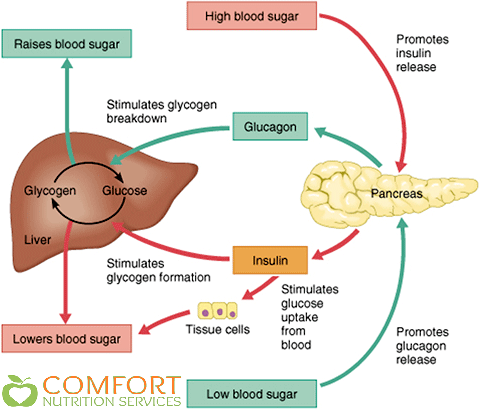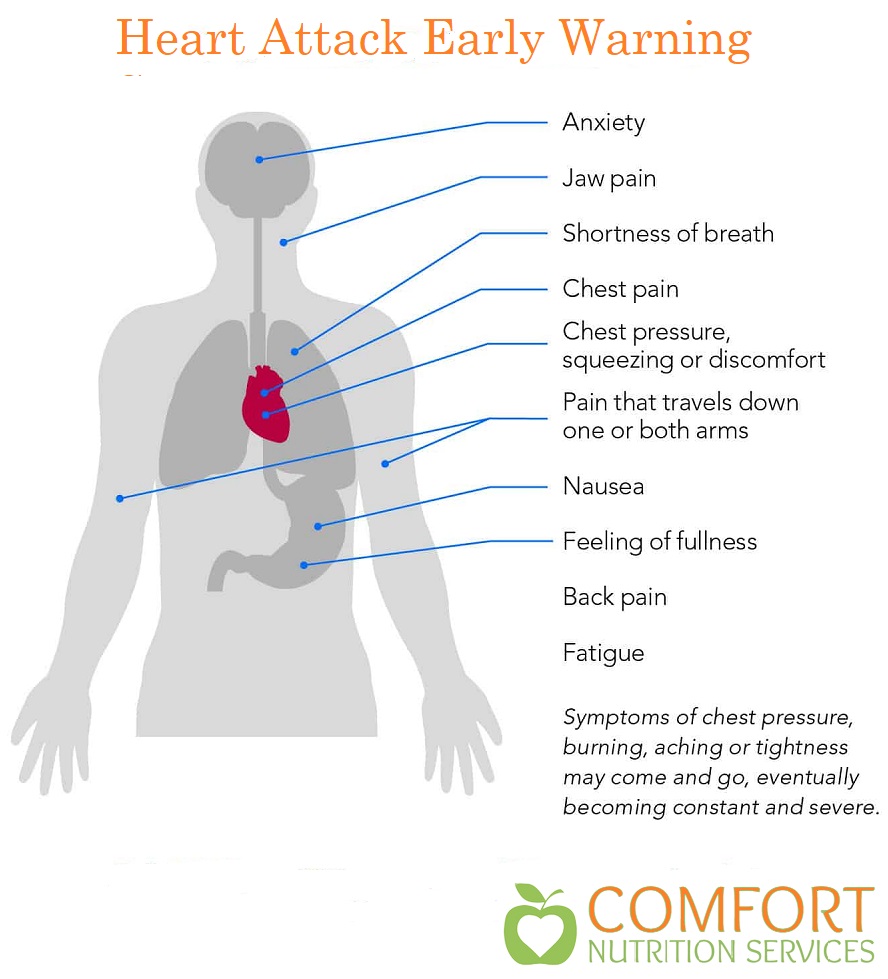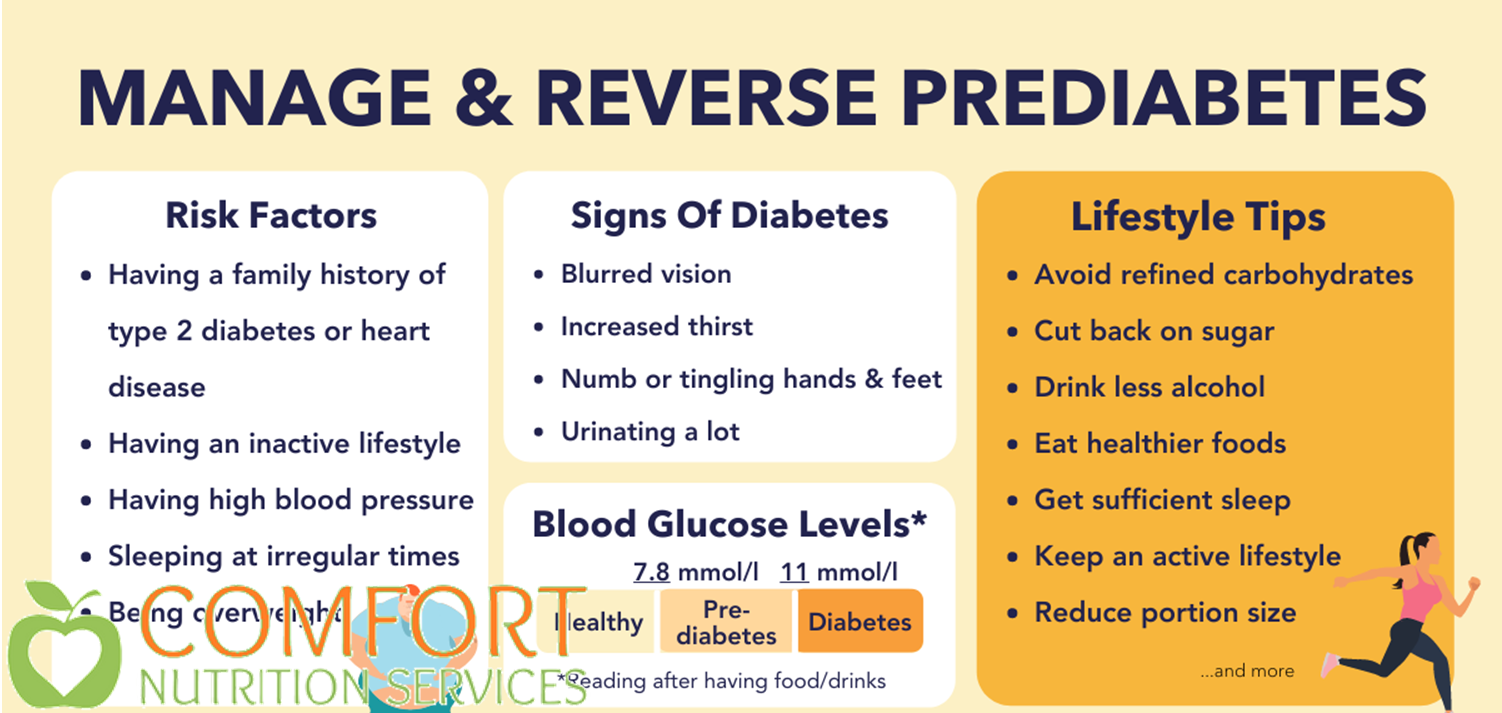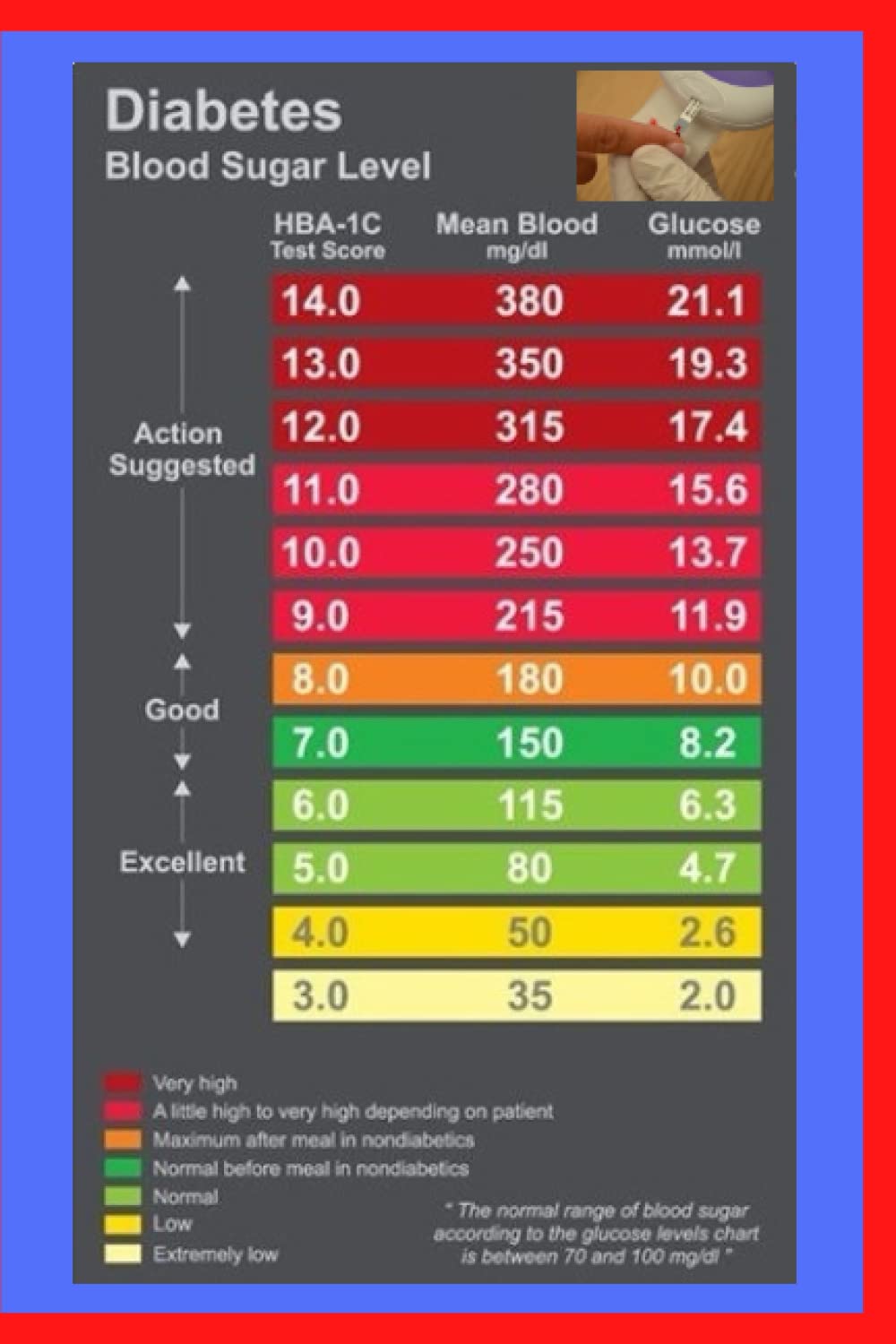If you’re a coffee or tea lover, you may be happy to know that these beverages can potentially reduce your risk of developing body fat and diabetes. Recent research has found a link between caffeine consumption and improved metabolic health. In this post, we’ll help you discover the link between coffee and reduced body fat…
Read MoreAre you or someone you love struggling with diabetes, hypertension, hyperlipidemia or high cholesterol? Did you know that making changes to your diet could help manage and even prevent these chronic diseases? If you’re looking for a natural and effective way to improve your health, look no further than the West African Diet. In this…
Read MoreType 1 diabetes is similar to type 2 diabetes, but it usually develops during childhood and is largely unrelated to weight or diet. The exact causes of type 1 diabetes are unknown. The most important risk factors are genetics and family history. If you have type 1 diabetes, your pancreas makes little to no insulin.…
Read MoreFor decades, Type 2 diabetes was considered an adults-only condition. In fact, Type 2 diabetes was once called adult-onset diabetes. But what was once a disease mainly faced by adults is becoming more common in children. As you well know from our previous content, Type 2 diabetes is a chronic condition that affects how the…
Read MoreAlthough sweets can affect your blood sugar, and consuming a diet high in added sugar can increase your risk for developing diabetes, there are many more factors that influence diabetes development including genetics and lifestyle. When you have elevated blood sugar levels or have prediabetes or diabetes, you must carefully monitor your carbohydrate intake. This…
Read MoreWe got a question on if using artificial sweeteners is fine for people leaving with diabetes. We though it best to respond via a post so that we can all learn. With a low to no calorie sugar count, artificial sweeteners may seem like a treat for people with diabetes. But recent research indicates that…
Read MoreWe advise people diagnosed with prediabetes to alter their lifestyle by adopting a healthier diet and getting more exercise. These changes should be made sooner rather than later. That’s because although prediabetes usually doesn’t initially progress to type 2 diabetes, prediabetes can develop into a more serious condition over time if action isn’t taken. Researchers…
Read MoreCardiovascular events such as heart attacks and strokes often strike suddenly and without warning. Exertional chest pain or exertional shortness of breath could hint at heart trouble. Seek immediate medical attention, if these symptoms occur. The key is to control the factors that increase your risk for them: diabetes, hypertension, cholesterol, obesity, tobacco abuse. These…
Read MoreResearch has shown that high blood sugar could put you at higher risk of cognitive decline and dementia even if you don’t have fully developed diabetes. Lower levels of blood sugar, on the other hand, are associated with better brain health. Based on previous research – and now our own finding, we can certainly say…
Read MoreHigh blood sugar levels – even those that are episodic and not chronic – cause sugar metabolites to accumulate in brain cells, resulting in systemic inflammation. These oxidative metabolites cause damage to cell membranes easily. Over time, this low-grade chronic systemic inflammation results in what is referred to as “Inflammaging”, which can accelerate the biological…
Read More









